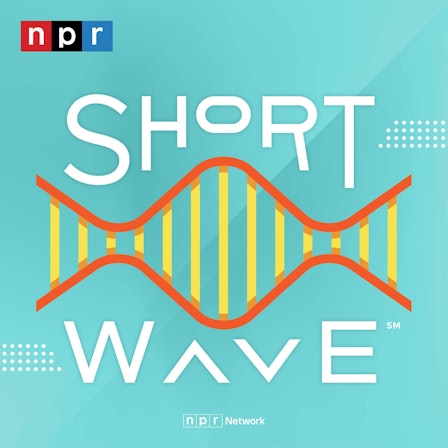
New discoveries, everyday mysteries, and the science behind the headlines — in just under 15 minutes. It's science for everyone, using a... more
Episodes
The male European fiddler crab attracts his mate by performing a courtship dance. New research published in the Journal of... more
A recent series of studies suggests that the brains of birds, reptiles and mammals all evolved independently — even though... more
Plants are blooming right now – and so are people's allergies. And if it feels like those pesky symptoms are... more
Did you know there's an insect that can fling its pee 40 times faster than a cheetah accelerates? We did... more
Dune. Star Wars. Alien. Science fiction movies love alien worlds, and so do we. But how do scientists find planets... more
This week, we've heard from researchers trying to untangle the effects of the "trip" that often comes with psychedelics and... more
What if you could get all the potential benefits of ketamine without the "trip"? For part two of our series... more
Researchers are studying psychedelics as a possible treatment for conditions like depression, PTSD and substance use disorders. But they don't... more
Running an entire marathon takes a lot of energy. Neuroscientist Carlos Matute knows this: he's run 18 of them. He... more
Each year, the United States has about 1,200 tornadoes. Many of them happen in tornado alley, a very broad swath... more
To claim this podcast, you must confirm your ownership via the email address located in your podcast’s RSS feed (pod****@npr.org). If you cannot access this email, please contact your hosting provider.